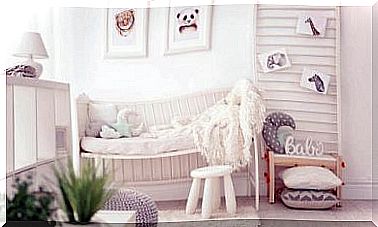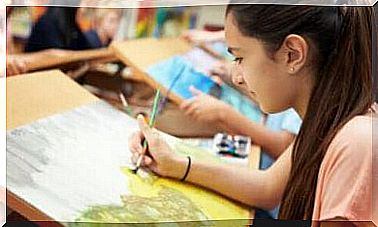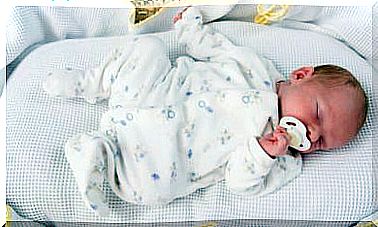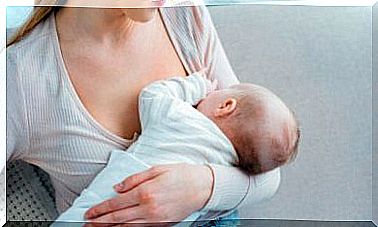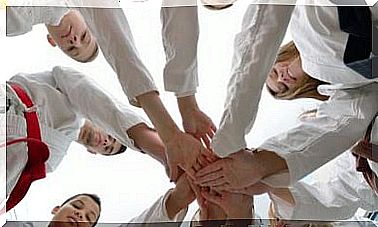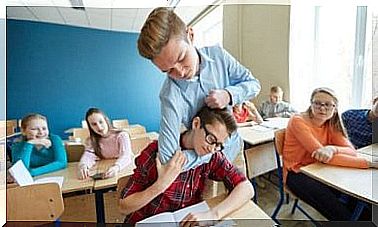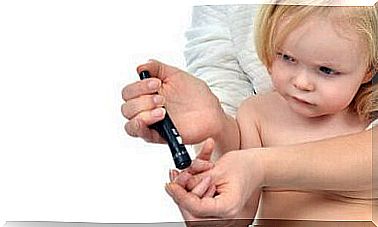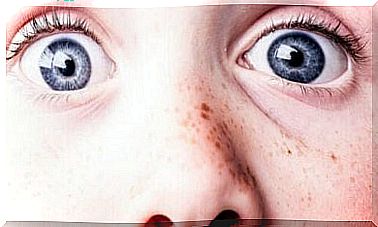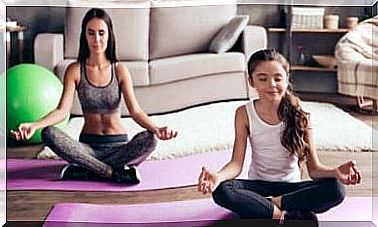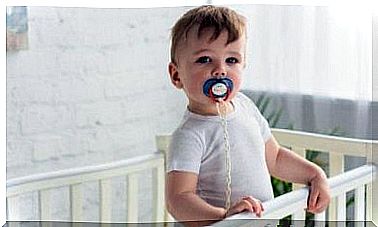Leisure Education – Being Parents
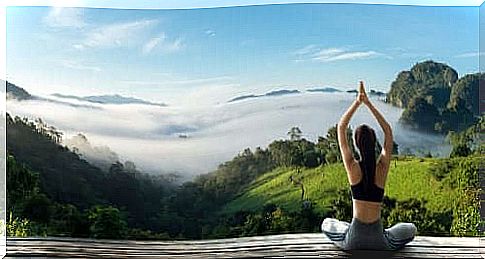
The pedagogy of leisure aims to educate vis-à-vis free time. However, it should be borne in mind that all the free time we have – outside of working hours – is not time for leisure. We must devote a moment of our daily life to the satisfaction of our biological needs. As well as in our travels, household and family or administrative tasks.
Apart from this time intended for professional activity and for other needs and obligations, the rest of the free time we have at our disposal should be regarded as precious time. That is why we must ensure an education that teaches to achieve a satisfactory use of it.
Leisure education, what does it consist of?
Leisure education consists of a branch of education responsible for studying people’s leisure time. Its aim is to teach and guide individuals to carry out beneficial and fruitful activities in their spare time.
According to Perez Serrano (1988), “Leisure education is a process of liberation that leads the person to an open attitude, free and engaged with the construction of their reality”. The author asserts that the end of free time is freedom. The goal of free time education is not to carry out training activities that occupy our time. It is thus a question of encouraging the educational side of leisure.
Concretely, the International Charter for Leisure Education (1993), which refers to school educational contexts, proposes to include appropriate and relevant subjects for the study of leisure. It is also about promoting the incorporation of the theme of leisure in all educational and cultural activities inside and outside the school.
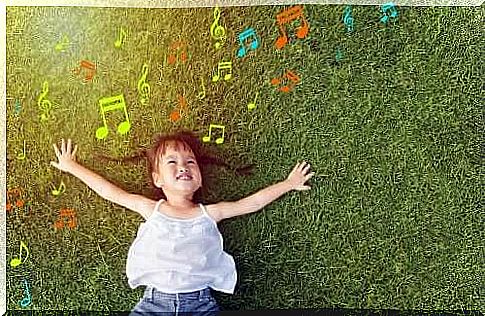
Pedagogy for leisure as a development process
First of all, this pedagogy aims to ensure that we can be critical in the face of the large offer of leisure activities. We must therefore be able and know how to choose the one that really interests us and is beneficial to us.
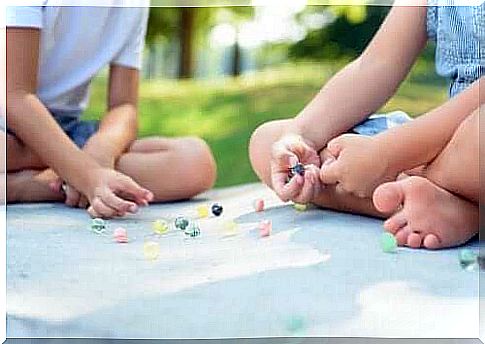
Then, the use of free time and the activities we choose for ourselves should make us feel genuinely happy. Free time must act as a compensation and as a balance, in the face of the shortcomings, the frustrations, the disillusions and the exhaustion that we face on a daily basis.
In addition to the more widespread leisure offer such as travel, there is a significant leisure offer. This includes several activities that have important educational factors as well as personal and social development. We can cite for example:
- Local festivals
- Activities in nature such as camping or excursions
- The movie theater
- Theater
- The sport
- Associations with playful and leisure components
Conclusion
Ultimately, enjoying free time is directly linked to health. It is precisely a pedagogy of leisure which seeks to make individuals recognize the need to make the most of free time.
Beyond its connotation of time for entertainment and rest, a conscious use of free time makes it possible to build new learning. Learning that activates social participation, that encourages creation and that prevents risky behavior .
